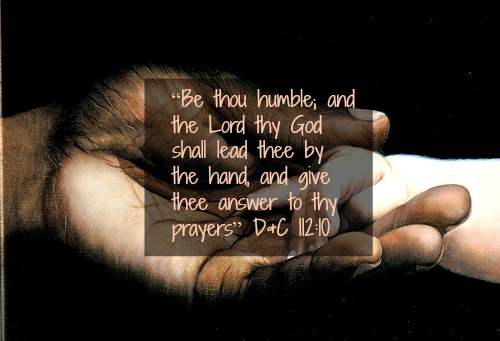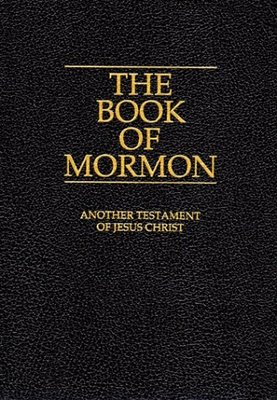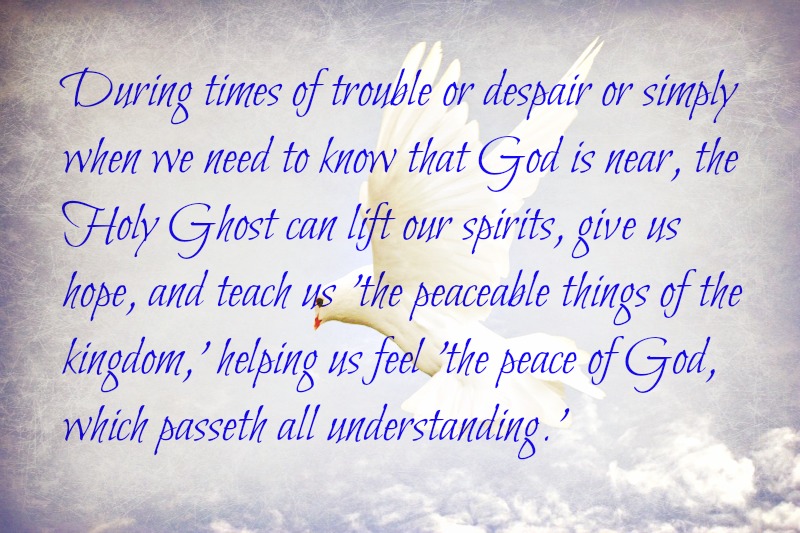BYU (Brigham Young University) is operated by The Church of Jesus Christ of Latter-day Saints, often mistakenly called the “Mormon Church.” As part of their undergraduate coursework, BYU students take multiple semesters of spiritually uplifting, stimulating religion classes.
In this series (see below), students enrolled in scripture study classes have shared their thoughts, insights, and reflections on the Book of Mormon in the form of letters to someone they know. We invite you to take a look at their epiphanies and discoveries as they delve into the scriptures.
In publishing these, we fulfill their desire to speak to all of us of the relevance, power and beauty of the Book of Mormon, a second witness of Jesus Christ and complement to the Bible. The Book of Mormon includes the religious history of a group of Israelites who settled in ancient America. (The names they use are those of prophets who taught the Book of Mormon peoples to look forward to the coming of Christ—Nephi, Lehi, Alma, Helaman, and other unfamiliar names. We hope those names will become more familiar to you as you read their inspiring words and feel the relevance and divinity of their messages through these letters.)
Let us know if you’d like to receive your own digital copy of the Book of Mormon, and/or if these messages encourage and assist you spiritually as well.
Book of Mormon: Pride and Prosperity
Blog Post from Author
While I am studying exercise science at BYU, I have the wonderful opportunity to take classes that expand my understanding of scripture. These classes include the New Testament, the Book of Mormon, the Doctrine and Covenants, and the Pearl of Great Price. These (along with the Old Testament) are what we (“Mormons”) believe to be scripture, some ancient and some modern day. I am currently enrolled in a Book of Mormon class, and I would like to share some of what I learned this past week.
Just by way of introduction, the Book of Mormon is an abridged record (a select part from hundreds of records, put together by a prophet/historian named Mormon in about 400 A.D.) of a people that lived in the Americas. It starts about 600 years before Christ and ends a little more than 400 years after Christ. The record includes a part of the dealings of two groups of people (like tribes), the Nephites (most of the time the good guys) and the Lamanites (most of the time the bad guys). It details their wars, prophesies, teachings, and general history. Ultimately, it testifies of Jesus Christ and the truth of his atonement. It shows how those who follow his gospel are blessed, and those who reject him are cut off from his presence.
We have been studying from the book of Helaman, which is in the second half of the Book of Mormon. In chapters 5-12, the Nephites are actually extremely evil. They have rejected the prophets and the gospel, and have instead welcomed and harbored a wicked gang called the Gadianton Robbers. These people have secret gang signs and passwords to identify with each other and help one another secretly murder, plunder, and commit adultery to get gain. The Lamanites have turned away from their sins and have accepted the gospel. They try to preach and convert the Nephites, with limited success. Through the space of a few short years, verses 1-16 of chapter 6 show how the people accept the gospel, are blessed, prosper, then become prideful, sin, are afflicted with punishments from God, are humbled, repent, and are blessed once more, which leads them to prosper. This pattern is called the pride cycle.
 As typified by the people in these chapters, if you continue around the circle you get nowhere. You go in circles forever. The point is to learn from the cycle, and to skip the part where you become prideful because of your blessings. If you can do that, the cycle becomes more of a staircase, leading upward to heaven. It would then look like this: blessings lead to prosperity, which lead to humility and thankfulness to God for that prosperity, which leads to repentance for other small sins that can be fixed (no one is perfect), which lead to more blessings, which lead to more prosperity, to more humility, etc. It is still a cycle, but helps us improve.
As typified by the people in these chapters, if you continue around the circle you get nowhere. You go in circles forever. The point is to learn from the cycle, and to skip the part where you become prideful because of your blessings. If you can do that, the cycle becomes more of a staircase, leading upward to heaven. It would then look like this: blessings lead to prosperity, which lead to humility and thankfulness to God for that prosperity, which leads to repentance for other small sins that can be fixed (no one is perfect), which lead to more blessings, which lead to more prosperity, to more humility, etc. It is still a cycle, but helps us improve.
In our day, we need to remember the example of the past. If we become prideful because of our prosperity, invariably we shut ourselves out of His presence. He will no longer bless us and protect us, and we will be left to ourselves. If there is one thing that we should have learned, it is in GOD we trust, not in man. Our founding fathers knew it, and the scriptures testify of it. We must exterminate the secret bands that seek to work evil from the darkness; the most effective way of doing this is to embrace the gospel of Jesus Christ. As we do this, we will be blessed and protected by God. We will prosper, and if we remember why we prospered, we will humbly thank God and try to serve him better.
God Speed,
Tres Layton
Additional Resources:





Recent Comments